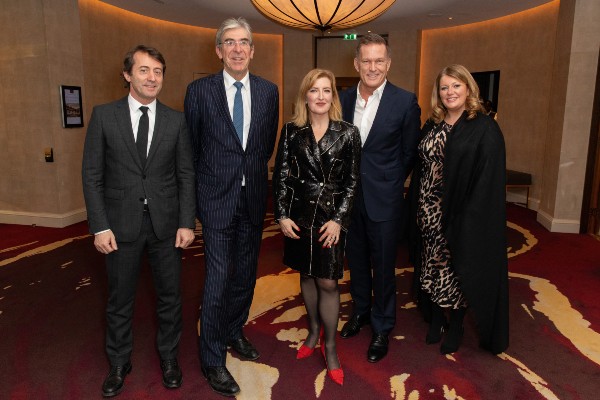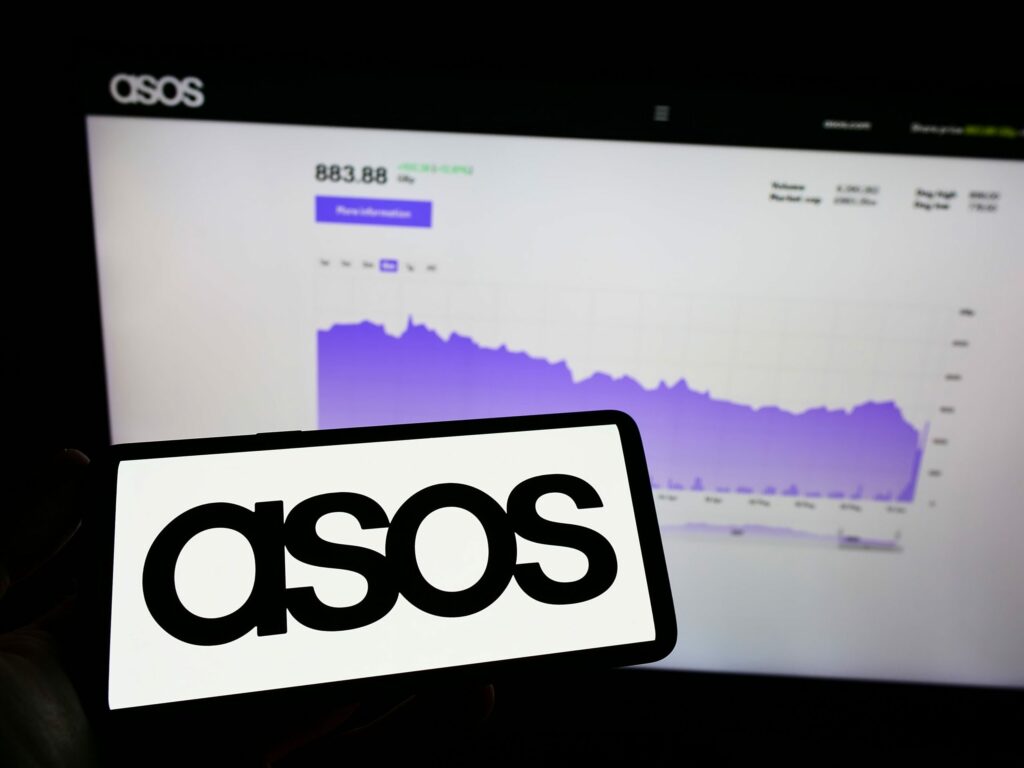// Walpole launches its sustainability manifesto to guide its members and suppliers towards sustainable practices
// The UN aligned manifesto will cover the safeguarding of the environment and natural resources as well as working conditions.
The body for the UK luxury industry Walpole has partnered up with British luxury retailers Burberry, Dunhill, Harrods, Johnstons of Elgin, Mulberry and The Savoy to establish British luxury as a leader in sustainability.
Walpole, which counts over 270 high-end retailers as members launched its comprehensive sustainability manifesto with aims to support the British luxury sector in leading the way on the imperative towards sustainability.
Supported by strategic partner McKinsey & Company, Walpole launched phase one of its manifesto at its annual CEO & Chairmen’s dinner last night.
The dinner was attended by over 100 British luxury brands to support the launch of the new initiative and committing to prioritising sustainability within their businesses.
READ MORE: Vans owner VF Corp announces new sustainable targets
Aligned to the UN Sustainability Goals, Walpole’s manifesto aims to set industry best practice aspirations in sustainability for the British luxury sector with four overarching principles:
To lead the transition towards a circular economy, safeguard the environment and natural resources, guide partners and suppliers towards sustainable practices and to advocate equal and respectful working conditions
McKinsey & Company’s ‘Generation Research’ revealed a momentum from consumers demanding sustainable products with approximately 30 per cent of GenZ and Millennial consumers willing to pay more for sustainable products.
“If British luxury is to achieve its target of £65billion in sales over the next five years, sustainability has to be at the heart of every brand’s strategy,” Walpole CEO Helen Brocklebank said.
“For Millennials and GenZ who will account for half of all luxury sales by 2025, true luxury only comes with a clean conscience.”
Investors and shareholder are increasingly demanding sustainable investments, with a third of global assets now managed through sustainable strategies.
Governments and regulators are also setting the pace for change through legislative changes.
Burberry vice president, corporate responsibility Pam Batty said :“The luxury industry needs to collaborate and enact policies and programmes at scale to protect the environment, implement more sustainable practices and support workers in its supply chains,”
“While there is no quick fix, we are hugely supportive of Walpole’s British Luxury Sustainability Manifesto which will bring together established and emerging UK brands to implement systemic change and build a more sustainable future for our industry.”
According to the 2019 Swytch survey on employee sentiment, around 70 per cent of employees would prefer to work for a company with a green footprint.
These views were emulated in the 2020 Walpole-McKinsey ‘Sustainability in Luxury Survey’, and focus groups conducted among the Walpole membership.
“It is increasingly relevant for the luxury consumers, investors and for the brands to have long lasting products.” McKinsey & Company partner Anita Balchandani said.
It revealed that 90 per cent of retailers saw sustainability as a top five priority for their business largely driven by the increased focus on social responsibility and changing consumer expectations and purchasing behaviours.
However, the survey showed responsible sourcing of raw materials, waste management and reducing greenhouse gas emissions were challenges faced by majority of the Walpole membership.
Having developed the manifesto, with clear aspirations Walpole’s will aim to provide on-going directional guidelines for its members and to support member businesses with relevant resources, forums and tools to achieve these aspirations.
Click here to sign up to Retail Gazette‘s free daily email newsletter


















